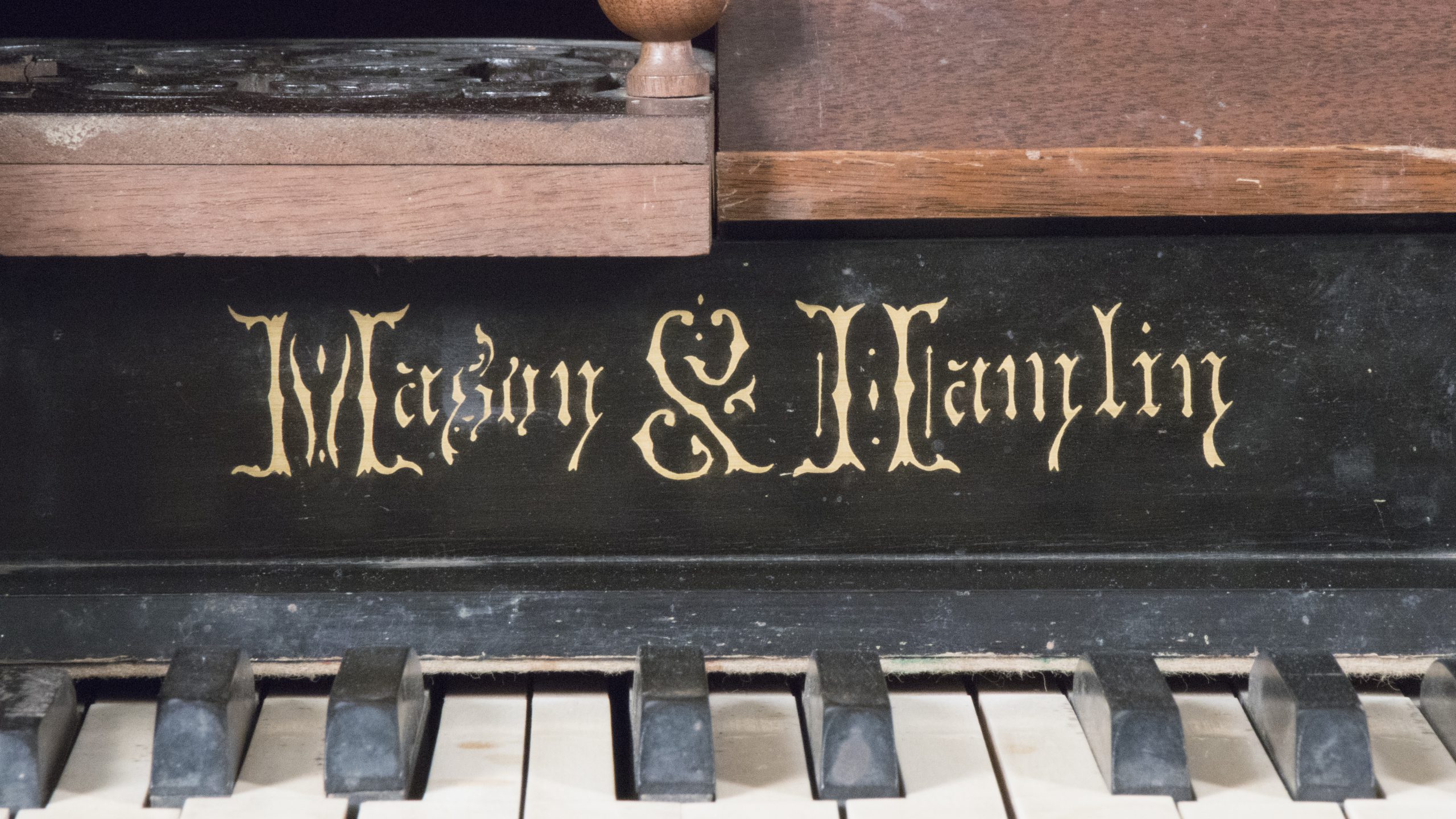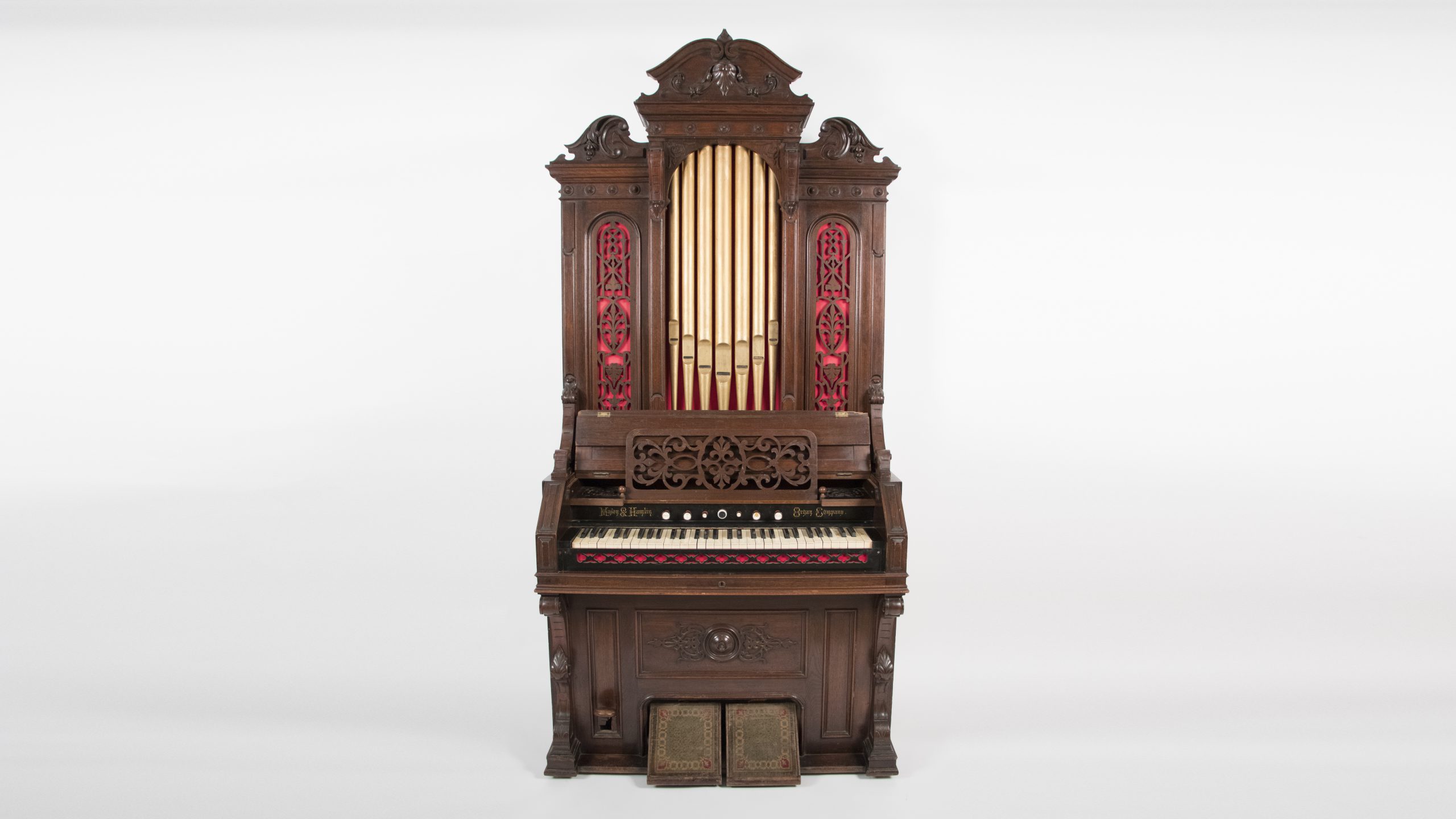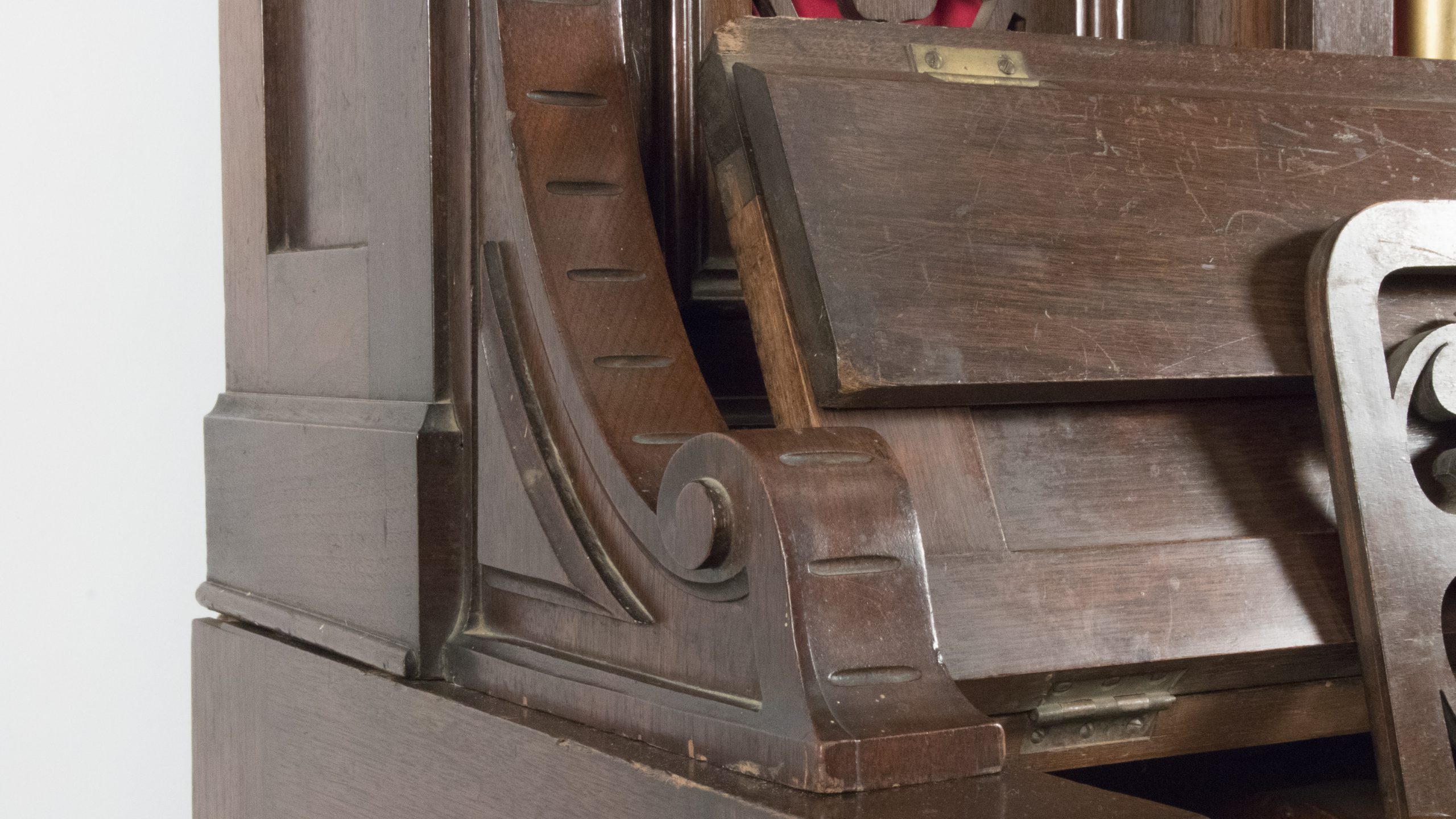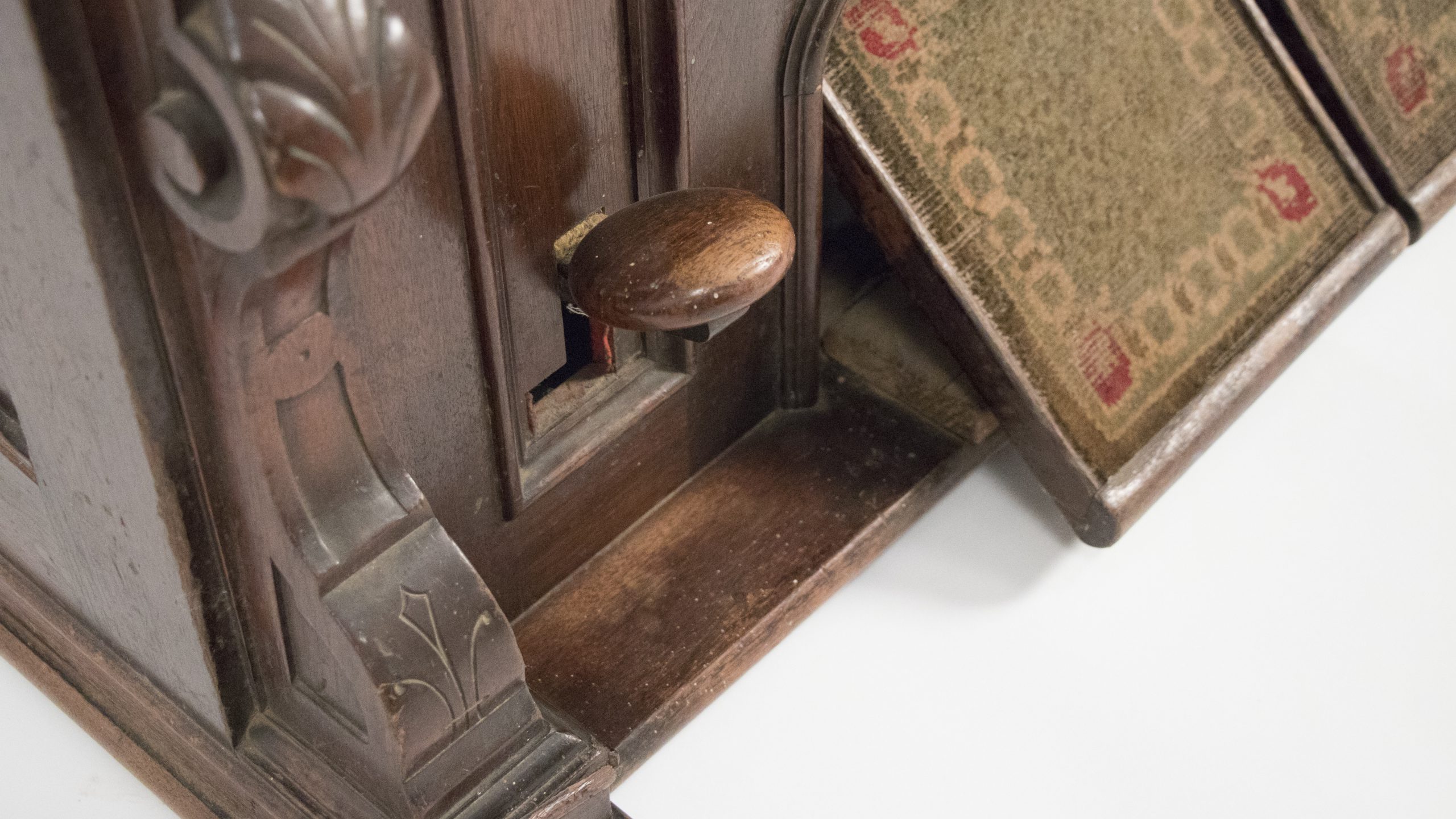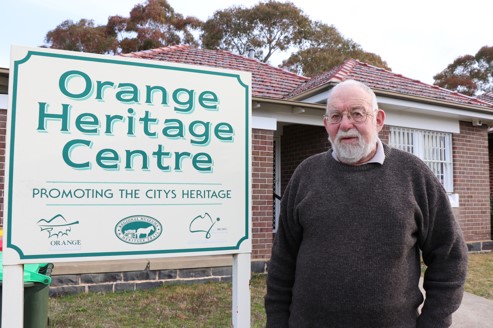United in Song
Cornish Settlement in the Central West
This tall pump organ was owned by William and Ann Tom; together they led the founding of the ‘Cornish Settlement’, later named Byng, near Orange. Like many Cornish migrants to the colony, the Toms were devoted Methodists and William became a lay preacher and community leader at the Cornish Settlement.
Endearingly referred to as ‘Parson Tom’, and prior to the building of the Methodist Chapel at Byng in 1842, William preached to the settlement’s farmers and copper miners at the Bethel Rock on their property. From this picturesque hill-top Tom’s congregation sang the hymns that were rehearsed to the accompaniment of the organ in his family home later on.
William and Ann arrived in NSW in 1823 with their three children and a nephew in their care. William’s brother-in-law, William Lane and his wife and their two children also travelled with them. They were part of ‘The Great Emigration’ from Cornwall, which began in 1815 and ended a century later. Economic hardships pushed Cornwall families from their ancestral homeland, many of whom relocated to the colony of New South Wales.
First, the family secured a land grant at Parramatta but continued to move further west of Sydney until, in 1829, they settled on their 640 acres east of Orange. Here they built a two storey lath and plaster house – which still stands today – and established a mixed farming enterprise. The Toms called their new home Springfield.
Relatives and friends soon joined the Toms – the chain migration of Cornish families to the area led to the naming of the Cornish Settlement. William and Ann raised thirteen children there, one of whom would be the co-discoverer of Australia’s first payable gold nearby at Ophir in 1851.
William Tom junior’s part in discovering the nugget brought increased prosperity to Springfield. The American made organ was purchased around 1880, it was taken to the family’s two-storey stone house by bullock dray and immediately became an integral part of family life. According to William Tom’s grandson James the Parson had no idea of ‘tune or time’ when singing hymns, but he did have a booming voice.


